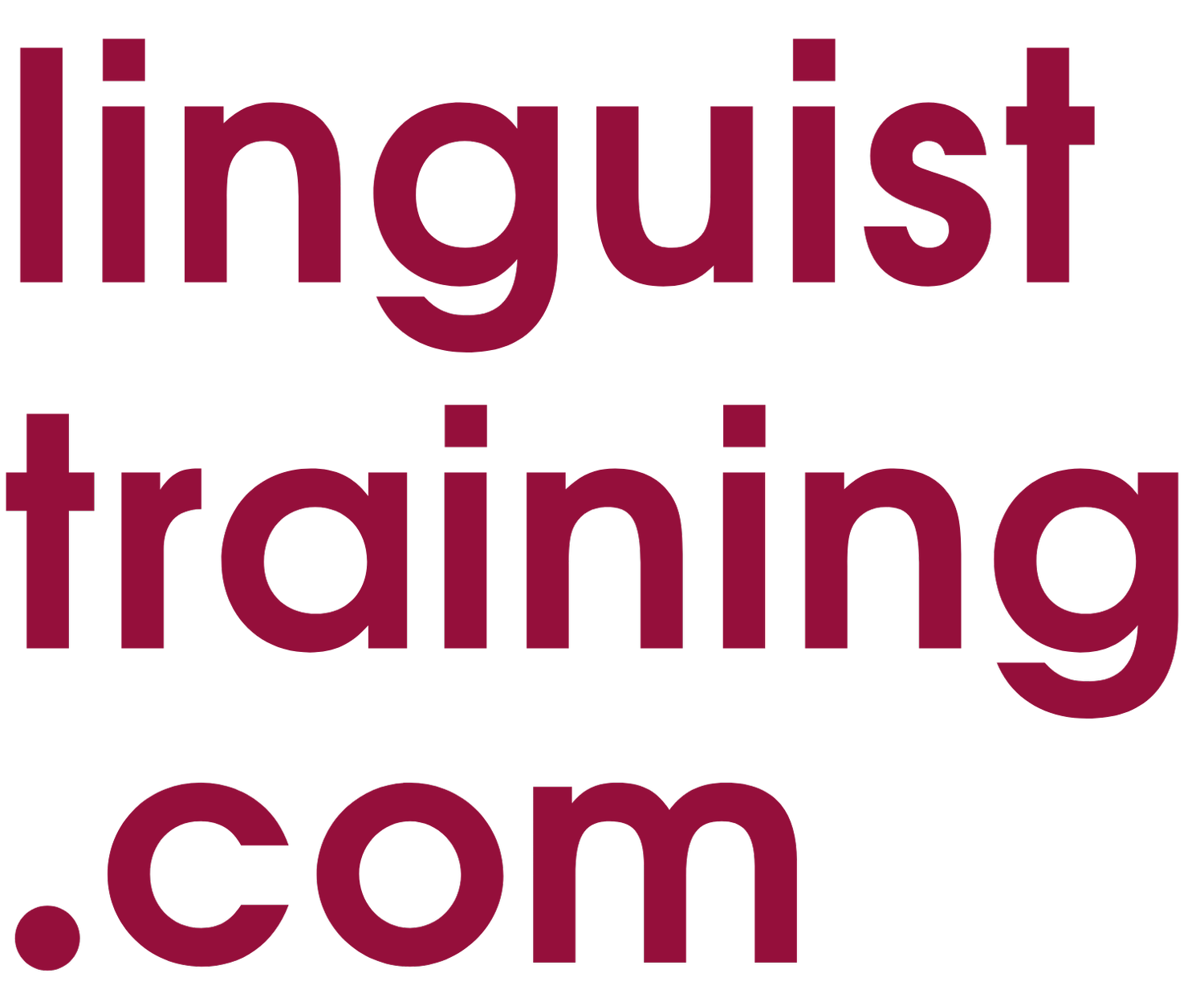
What is
elearning?
elearning (FROM electronic learning), is the delivery of learning and training through digital resources.
Although eLearning is based on formalised learning, it is provided through electronic devices such as computers, tablets and sometimes mobile phones that are connected to the internet.
WHAT ARE THE BENEFITS?
elearning makes it easy for users to learn anytime, anywhere, with few, if any, restrictions. Basically, elearning is training, learning, or education delivered online through a computer or any other digital device.
Frequently Asked Questions
-
What equipment do I need to take part in elearning?
To study an elearning course, you will need access to a computer device that is connected to the internet. This could be a computer, laptop or tablet. Although our courses will work on a mobile phone, we advise not to use one - you may miss crucial information and usability, and such important learning should really be done in a more stable manner.
-
Do I need to have my own equipment?
No - you can access our courses using public facilities, such as at a library or school.
-
Do I need to be connected to the internet?
Yes. Our courses are accessible via a live connection and the main course content cannot be downloaded for use offline.
Some courses provide downloads (e.g. research papers), that you will be able to download and read offline.
-
Will I need to travel to a venue?
No. All of our courses are online. You will not need to travel to a venue for any part of the course or support.
If you decide to take a CIOLQ exam however, there are some options which include choosing a venue.
-
Will I study with other people?
No. Our courses are made for individual study. You will simply log on and study whenever you wish.
If you choose to have face-to-face LanguagePartnerᵀᴹ Mentoring with an expert linguist, you will connect with your LanguagePartner via a video platform such as Zoom.
If you choose to carry out Translation Practice, your LanguagePartner will proofread your work and provide guidance. They will get to know your work and their contribution will assist you with your progress.
-
Will I study during set hours?
No - unlike with traditional learning, where you attend a timed class, you can study online whenever you like - simply log on and study!
This is a massive benefit of elearning - it fits into your life, rather than you fitting into a timetable.
-
Do have to complete my e-learning in time for a specific date (e.g. an exam date)?
No. Many of our student linguists do plan their learning so that they have time to take an exam, of course, but it is not essential. Access to our courses is unlimited, for a full 12 months from date of enrolment, 24 hours a day, 7 days a week.
-
Is self-paced learning better than instructor-led?
For many types of learning, yes!
Instructor learning can be rigid, not suit your schedule, go too fast or too slow for your learning style, and often doesn’t allow for content to be repeated.
With self-paced study, you are in control of everything.
-
Is elearning as good as traditional learning?
There’s absolutely no reason why not - and many millions of people do it around the world.
The content is the same and arguably you are able to digest more of it, as there are no limitations on time, or amount of content. And you aren’t sharing the Instructor’s attention with other students.
Of course, human contact and the ability to pose questions to an experienced professional in your field is invaluable, and this is where our Support options come in - they provide interaction with other humans!
-
Do I need to be in the UK to access your elearning?
No - that is the beauty of our elearning courses for translators and interpreters!
You can access excellent British education from anywhere in the world. Our students come from far and wide… :-)
-
Is there anything bad about elearning?
You do have to be organised!
It is up to you to decide when to sit down and study, and to control your own timetable. It is also best to create a calm, quiet study space of your own. This is why many people choose to go to a library, for example - it provides a set structure and environment.
You will need self-motivation, conscientiousness and the desire to work hard.
